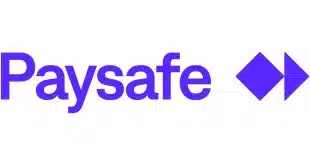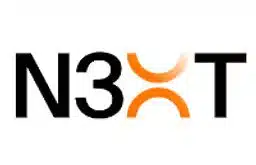Federal regulatory initiatives targeting the payments industry may have abated, but a variety of others at the state level and in the court system could require reactions from payments providers. That’s the word from Scott Talbott, senior vice president of government affairs, who spoke Wednesday at the annual Northeast Acquirers Association conference in Uncasville, Conn.
“The overhang for legislation in Washington is favorable for our industry,” Talbott told attendees. “I don’t see any real threat to our industry at this point.”

One is an advisory issued in 2017 by the Department of Revenue in Washington state, which says the merchant discount amount is gross income to the processor that is subject to taxation as part of the state’s business and occupation classification. The advisory is an “interpretive statement” issued by the department that is used to explain how tax law applies.
Compliance is voluntary, a Washington Department of Revenue spokesperson tells Digital Transactions News in an email. “The department operates under a system of voluntary compliance and reporting,” she says. “Taxpayers are expected to know their reporting obligations, and if uncertain, are encouraged to contact the Department for reporting instructions.”
This measure is but one state item Talbott is monitoring. Several states are considering new taxes that could have an impact on the payments industry, he says, and others are reviewing potential legislation in reaction to the Equifax Inc. breach of 143 million credit records.
“Equifax is a bit of a crisis,” Talbott said. “Congress is working to strengthen data-breach laws.” One potential outcome, which has been discussed for years, is a national data-breach notification standard that could make compliance easier for companies. Instead of having to meet the requirements of each state’s breach-notification law, breached companies would have to comply with just one. “That has some momentum,” Talbott said.
Within the various court systems, other measures could affect acquiring and payments. Surcharging, prohibited in 10 states, is moving through the courts as some merchants contend the prohibitions violate their First Amendment rights. The U.S. Supreme Court voided a lower-court ruling that upheld a state law banning credit card surcharging. That decision sent the case back the U.S. Court of Appeals for the Second District, where it awaits consideration.
Another subject rife with uncertainty is the prospect of enabling electronic payments for legal marijuana sales. While the ETA has no position on this subject, it is following the debate. Some states have made marijuana sales legal, but the drug remains a highly regulated narcotic at the federal level. As such, banks are not going near merchant accounts for these legal sellers. That leaves legal marijuana sellers to do business in cash and to pay their state taxes in cash.
Talbott doubts a change is coming. “I don’t see Congress declassifying marijuana,” he says. And while the trend points to more legal marijuana sales, enabling electronic-payment acceptance will take a while, he says.







